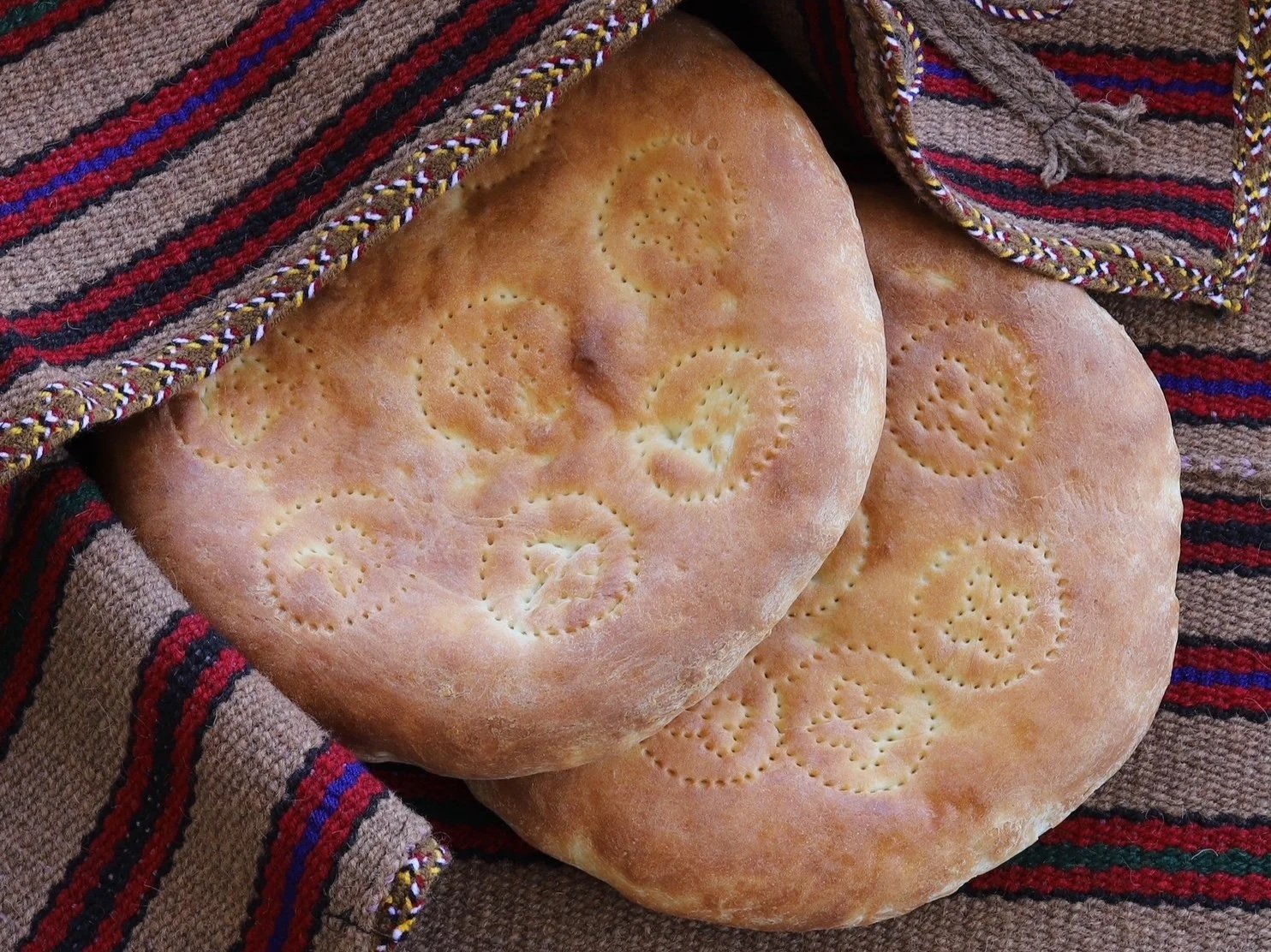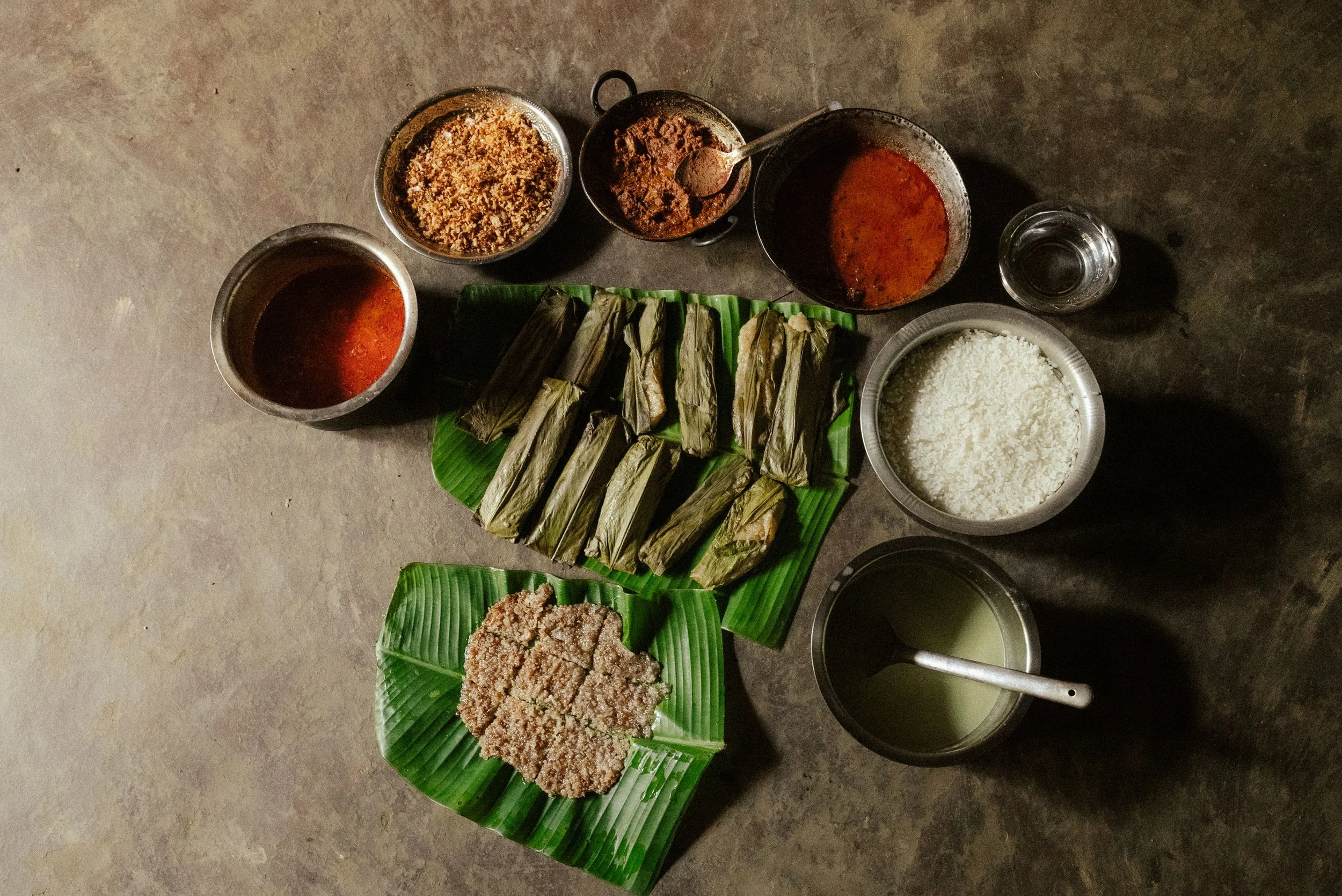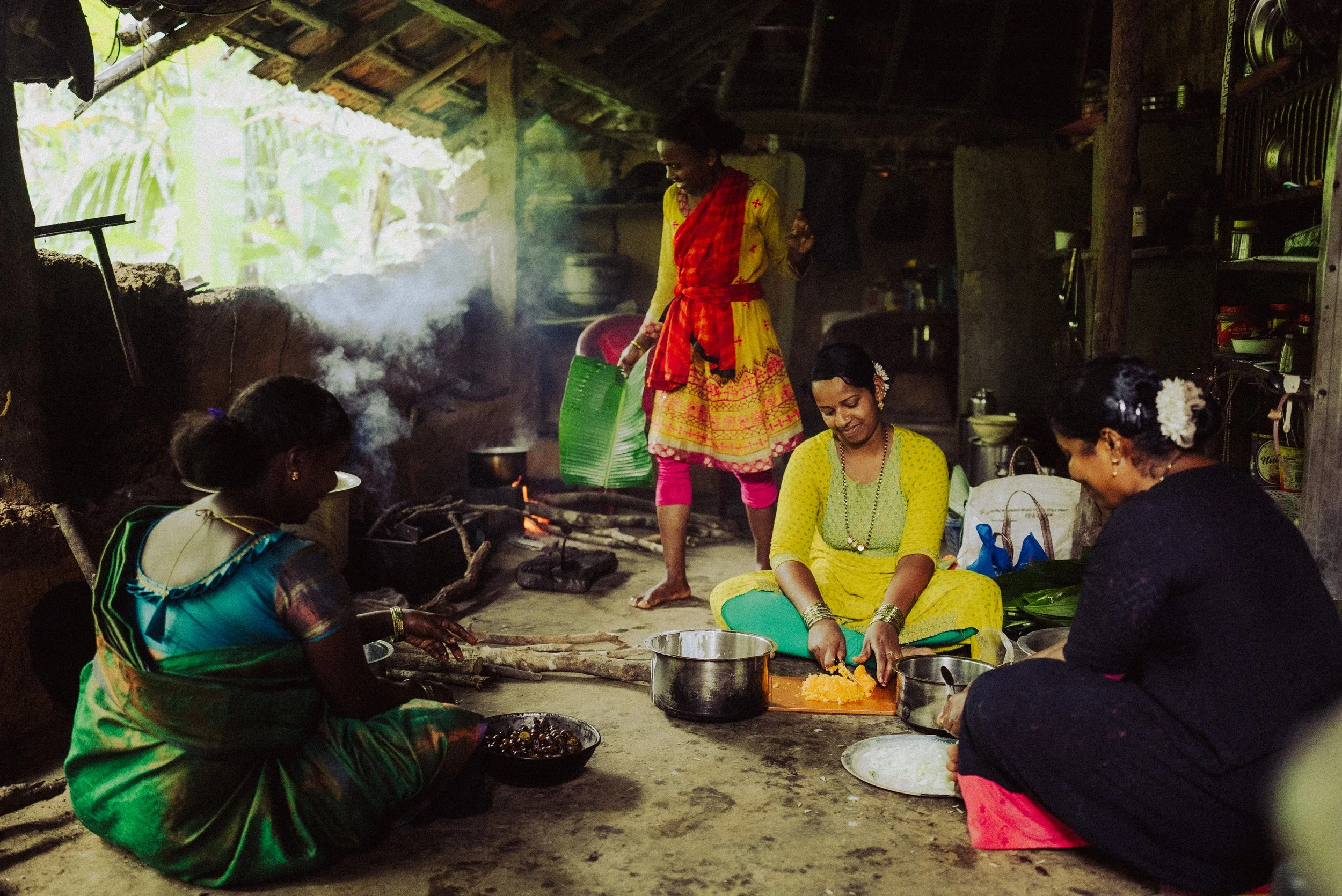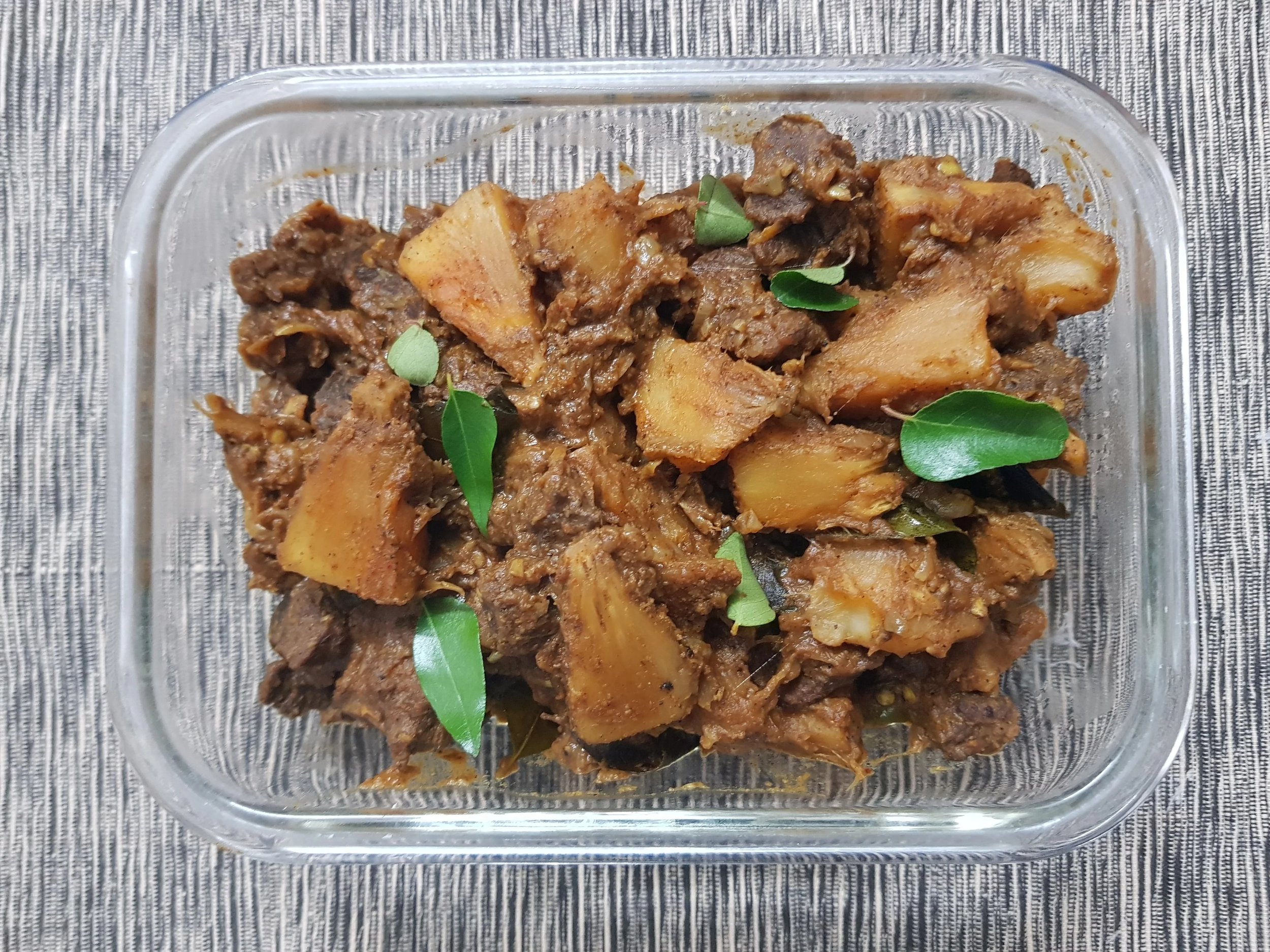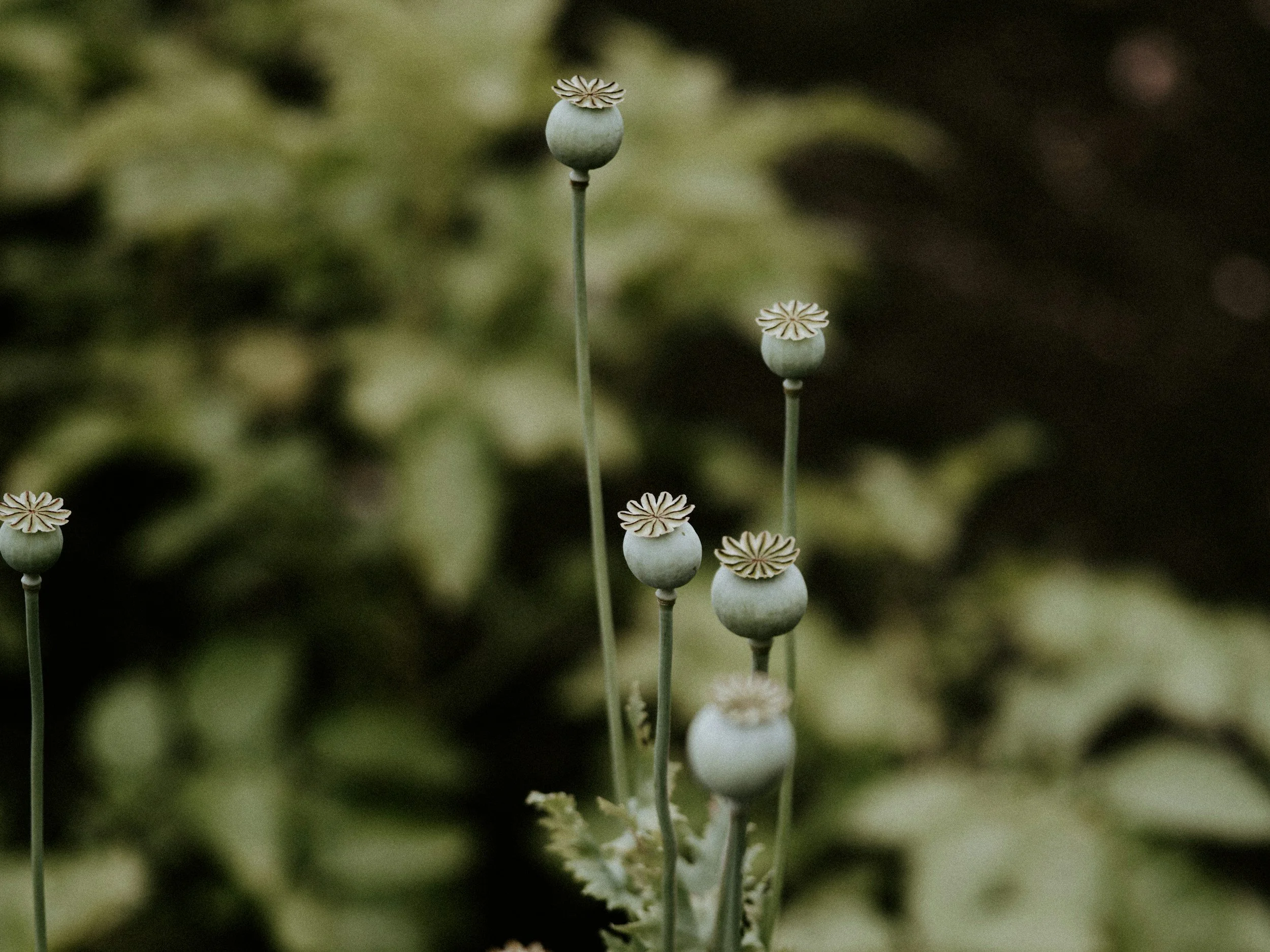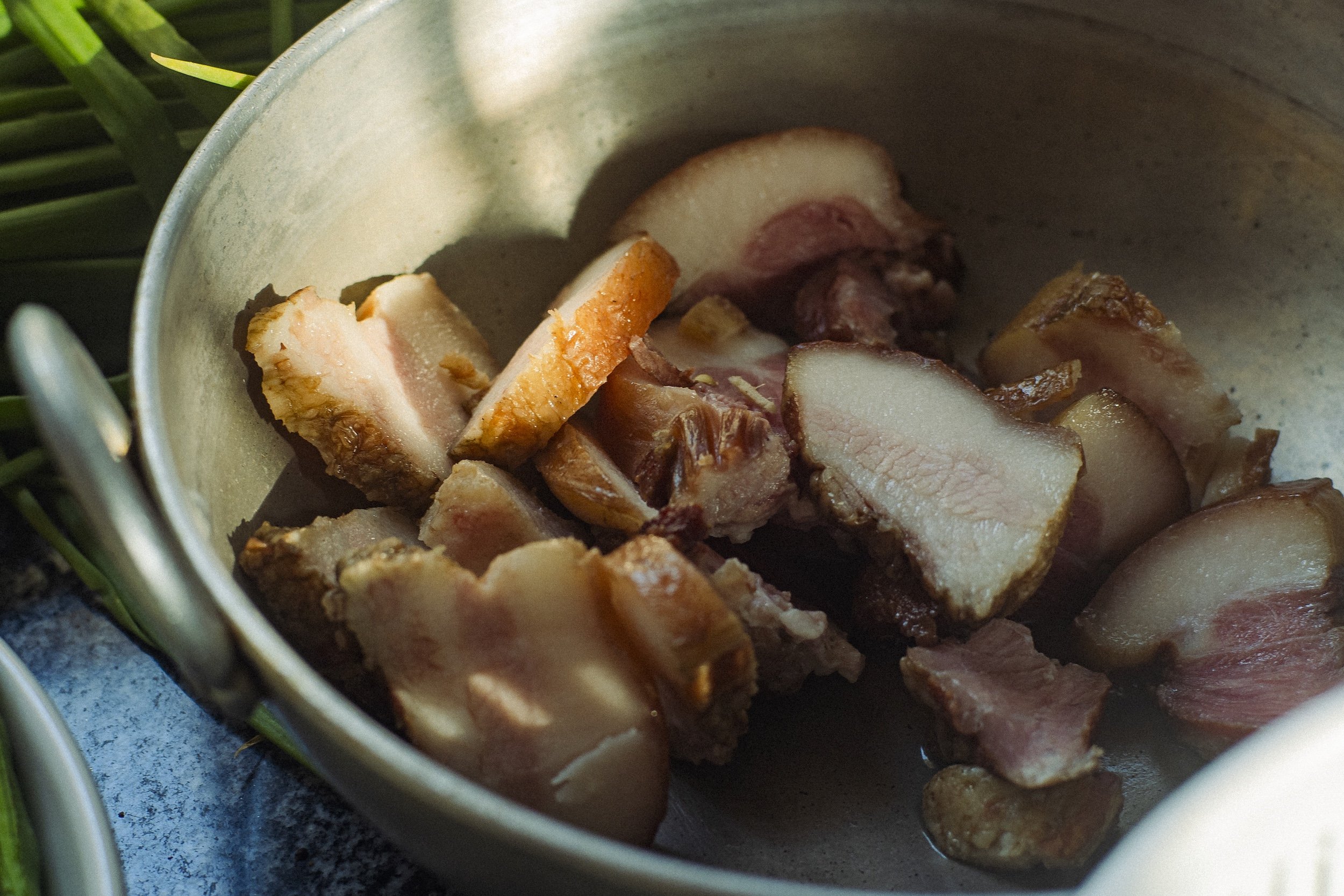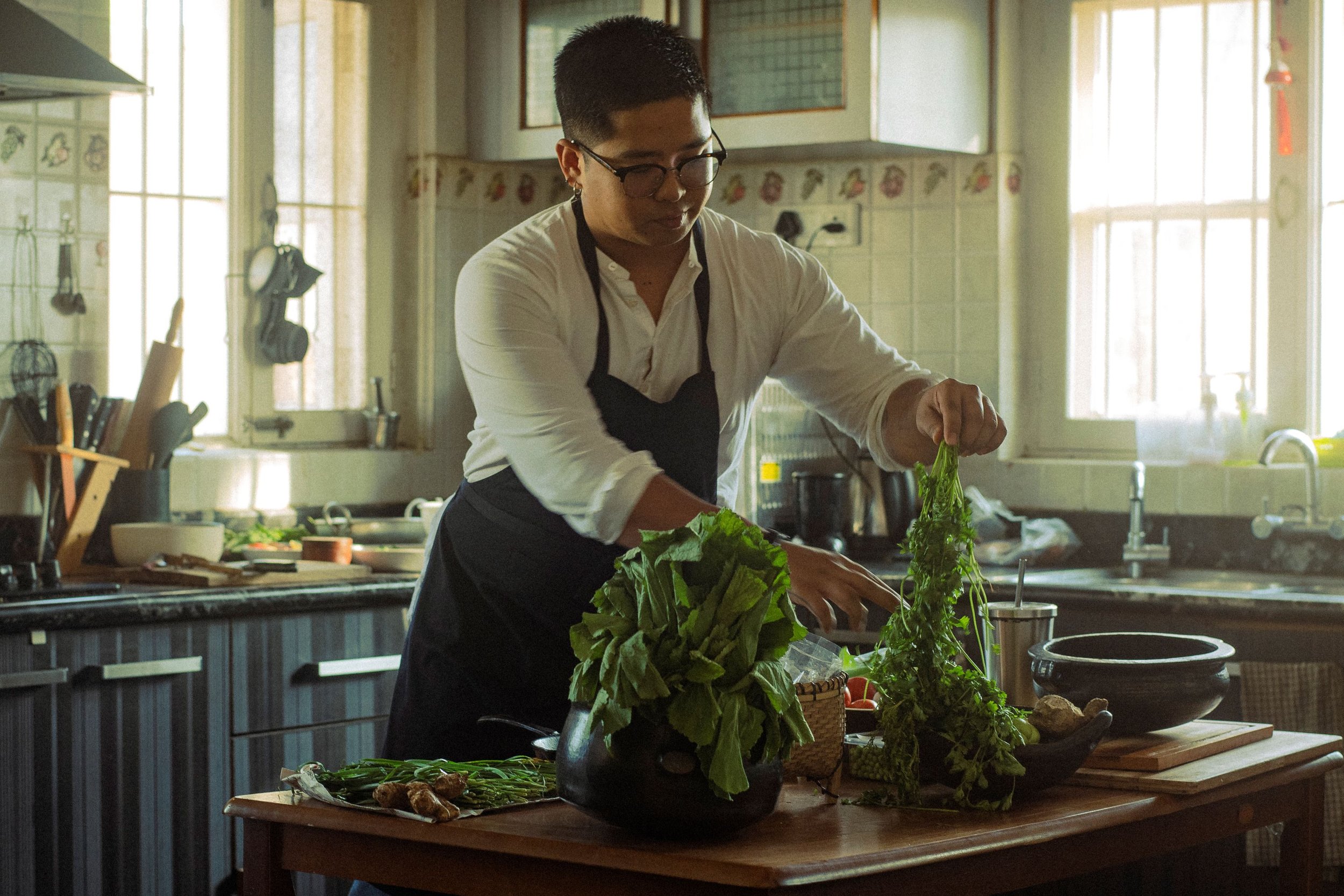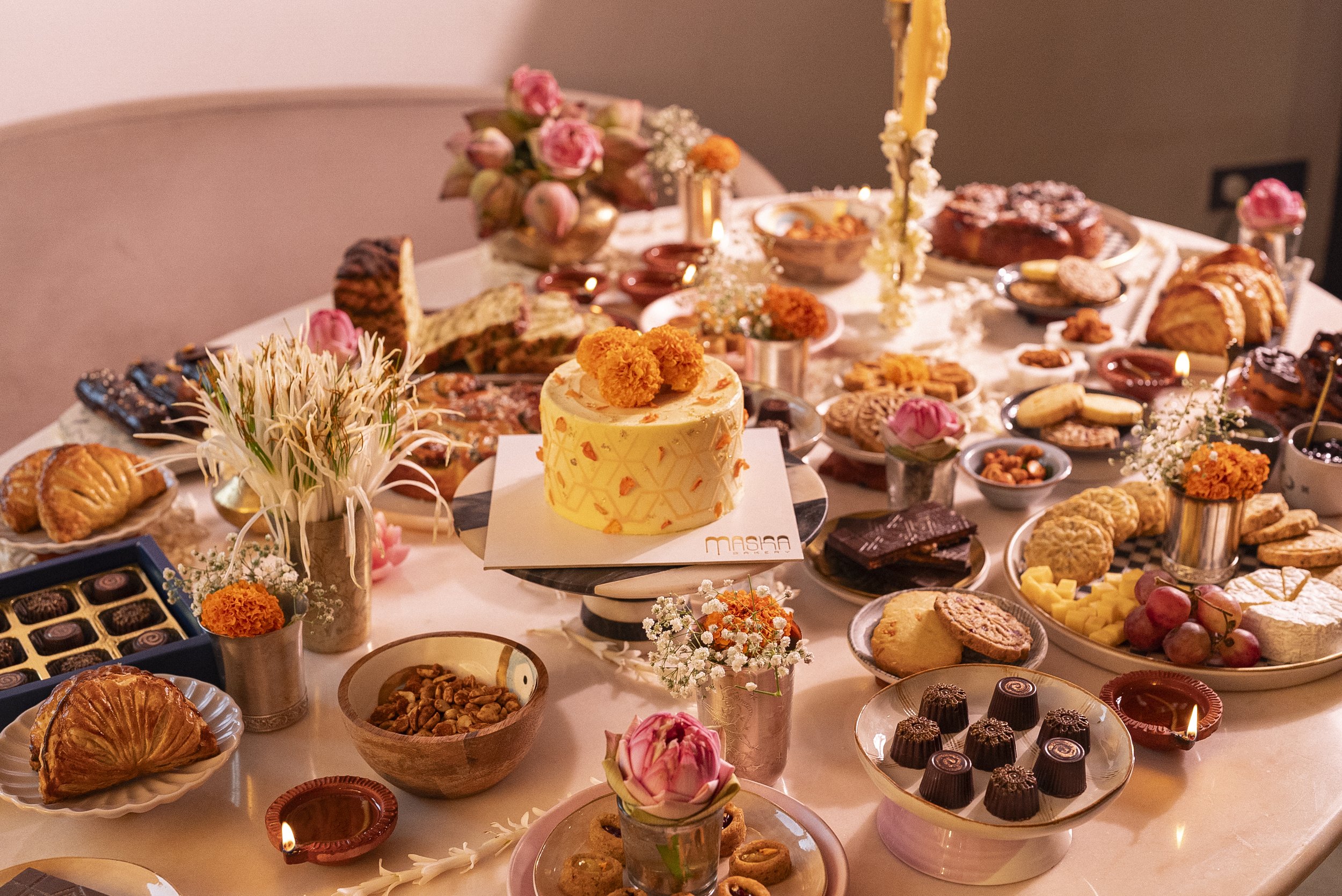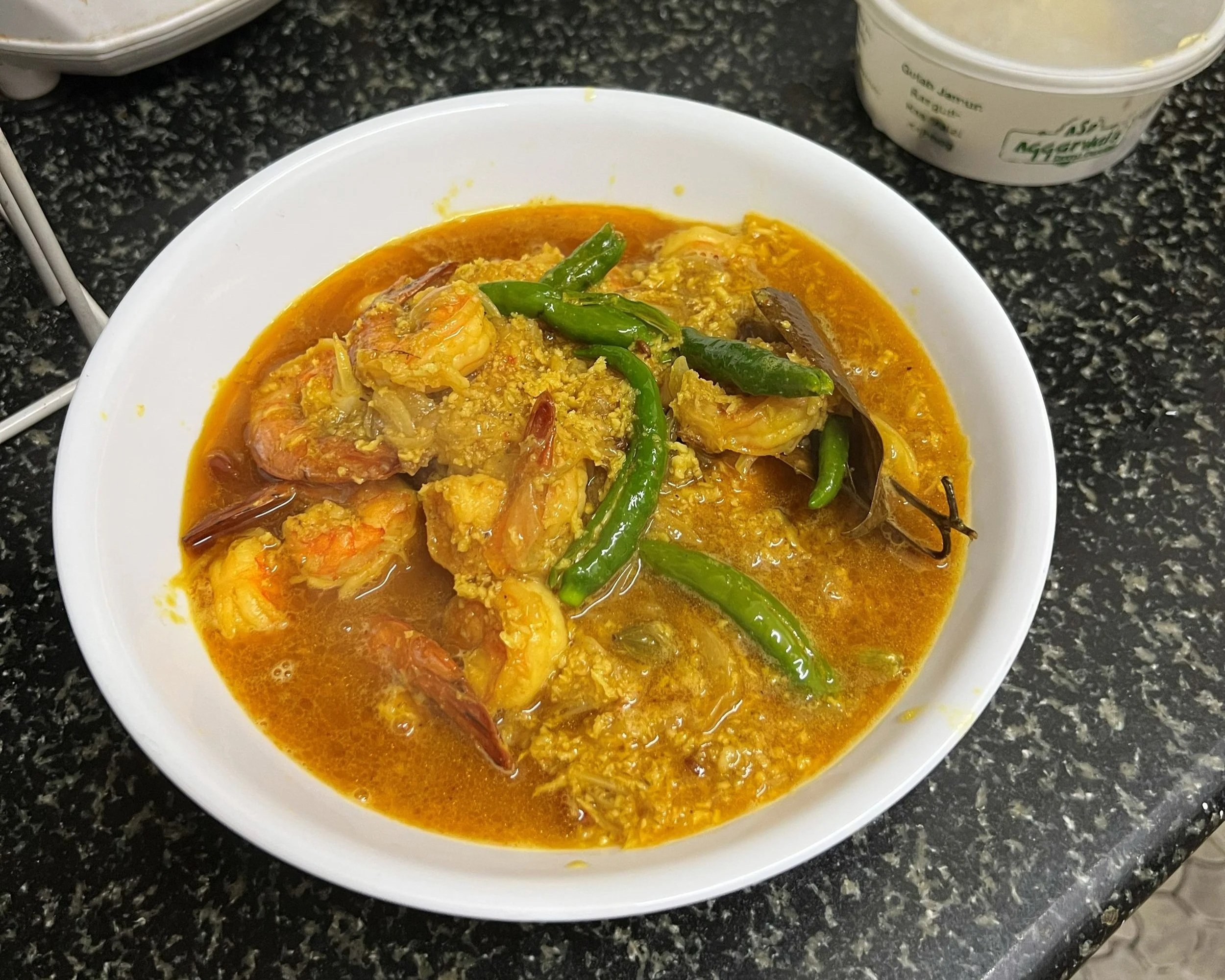My Year of Dinner Parties (That Weren't)

When Eater declared 2024 the Year of the Dinner Party, Somika Basu chased perfection—only to find joy in chaos instead. From burnt edges and mismatched plates to laughter and connection, her gatherings evolved into celebrations of imperfection — a toast to messy, beautiful evenings that truly feed the soul.
When Eater Magazine declared 2024 as the ‘Year of the Dinner Party’, I took it personally. Finally, I thought, my moment to host the chic, envy-inducing gatherings of my dreams.
My dinner parties were going to be immortalised in glossy spreads. Guests would gasp. Strangers would whisper. “She garnishes with tweezers,” they’d say.
I had an unwavering vision of what a dinner party should be. Artisanal cheese boards arranged like geometry homework. The flicker of candles in glass holders, casting everything in a kind, soft glow. A tablescape worthy of an editorial spread — hand-thrown ceramics, linen napkins folded with architectural precision, a sprig of rosemary placed artfully on each plate. The menu? Only something that might make a Michelin inspector shed a proud tear — tiny portions, enormous effort. Guests? Curated, of course. Charming, photogenic, the sort who understand good lighting and wouldn’t dare ask for ketchup.
I threw myself into bookmarking online inspiration like a contestant on a reality show — recipes requiring tools I didn’t own, flower arrangements I couldn’t afford, and plating techniques better suited to a neurosurgeon. Anything that signaled: Yes, I am effortlessly fabulous. Spoiler: I was not.
Once, I bought a spiraliser (never a good start to a story) and dedicated an entire Saturday to zucchini pasta. Let me tell you, there is no sadder meal than limp zoodles served with too much enthusiasm. My guests, bless them, smiled politely as they twirled strands of edible disappointment on their forks, murmuring polite lies like, “So fresh!” as I tried not to weep over the centerpiece, which had wilted in solidarity.
Initially, my dinner parties were performances, each one an audition for adulthood. Pinterest was my choreographer, guiding me through grazing boards worthy of Dutch still lifes, and floral arrangements plucked from Monet’s daydreams. I was the director, the set designer, the frazzled lead, and — most tragically — the audience.
The turning point came during what I can only describe as The Dinner Party That Wasn’t. The food was late (the chef had forgotten that cooking takes time; the chef was me), the wine glasses ran out (because I only owned six), and nothing matched — not the cutlery, not the chairs, not even the guests. But here’s the thing: nobody cared. They were too busy laughing, drinking the cheap wine I’d hidden behind a decoy bottle, and swapping stories while scraping burnt edges from the baking dish. (The correct term for this technique is 'caramelised'.)
Something clicked that night. The food didn’t have to be perfect; it just had to be shared.
From there on, I stopped treating dinner parties like auditions for MasterChef. My kitchen became a workshop for mistakes and collaborations. My table — once a shrine to symmetry — became a riot of mismatched crockery and whatever flora hadn’t been devoured by the balcony pigeons.
My cooking, once a test of sophistication, devolved — no, evolved — into pure simplicity. One-pot spaghetti. Dal chawal eaten on the floor. Once, a guest asked if what I’d served was soup or stew. We never figured it out, but we finished it all the same. Dishes that comforted, connected, and (most importantly) didn’t involve alchemising zucchini.
One evening, a friend took over when I panicked about undercooked chicken. Another time, someone arrived with frozen parathas because I’d forgotten the bread entirely (I pretended this was part of my ‘deconstructed’ hosting style). A friend’s husband, horrified by my lack of whisky glasses, left the party and returned with crystal tumblers as if staging an intervention.
It was chaos. It was joy. It was everything I tried so hard to choreograph, now happening entirely by accident.
As my approach to hosting changed, so have my relationships. Friends linger longer, conversations have grown deeper, and I find myself truly present — no longer preoccupied with plating.
My cutting board doubles as a serving platter. Oil stains are ignored like an embarrassing relative. Guests chop onions, open cabinets in search of snacks and refill their glasses without asking. At one gathering, someone lay sprawled on the floor, asking for a blanket. Another spilled wine on my carpet and, instead of panicking, I poured more. One night, dessert was a stash of frozen chocolate biscuits passed around like treasure.
These nights of joyful sprawl remind me of my grandmother's house, a masterpiece of unplanned gatherings. She fed us until we couldn’t move, then let us collapse wherever we landed — someone on the couch, someone on the floor, a pile of us on the same bed. The house would hum with adda, voices overlapping, older relatives dozing off mid-sentence only to wake up in time for the next round of tea. Nothing was polished, but everything was perfect.
Now, my hosting style is more jazz improvisation than classical symphony. If someone wants to stir the pot or hack at a vegetable, I let them. We eat with our hands, sit cross-legged on the floor, and drink from whatever vessel is closest — be it a mason jar or a chipped mug. By the end of the night, I want to see people sprawled out nursing full stomachs, someone asleep on the couch, and another uncorking a bottle we didn’t know we had.
I don’t remember the last time I spiralised a zucchini. But I do remember potato chips dunked in garlic pickle, filter coffee after failed feni cocktails, and conversations that echoed through my kitchen long after the food was gone. Because isn’t that the point: not the performance, but the people. The glorious, messy, beautiful people who remind you that imperfection isn’t something to be fixed — it’s something to be shared.
Eater may have set the theme for last year, but I petition to make it our own: one spilled drink, mismatched plate, and perfectly imperfect evening at a time. Because a life well lived—and a dinner party well hosted—is meant to be a little messy.
Words and photographs by Somika Basu, a creative consultant for cultural and social development institutions. Stalk her on Instagram here.
ALSO ON GOYA






